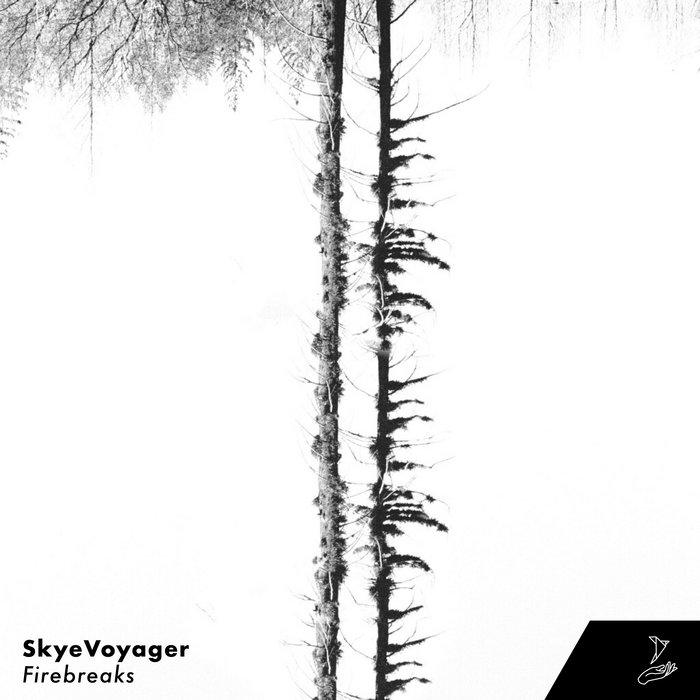

The watches themselves look like soft cheese-indeed, by Dalí’s own account they were inspired by hallucinations after eating Camembert cheese. His melting-clock imagery mocks the rigidity of chronometric time. The setting is one he often used: the seashore of Catalonia at Cape Creus. Several of his favorite recurring images are present in this work.

The Persistence of Memory, also known as Soft Watches or Melting Clocks, is one of Dalí’s most famous pieces. Dalí divided his time between his birthplace in Catalonia and Paris and New York, gaining wealth and fame as the Spanish artist who added a Surrealist touch to film and theater sets. In 1922 he went to study in Madrid at the Residencia de Estudiantes, initiating lifelong artistic partnerships with men such as Luis Buñuel, with whom he made the film Un Chien Andalou (1922), as well as Frederico García Lorca. He is best known for his Surrealist work.


He was also an accomplished sculptor, draftsman, and designer whose imagery came to influence not only the art world but also fashion, advertising, theater, and film. The Persistence of Memory, painting by Salvador Dali completed in 1931.ĭalí was a Catalan Spanish artist who became one of the most important painters of the 20th century.
#The persistence of yellow how to#
COVID-19 Portal While this global health crisis continues to evolve, it can be useful to look to past pandemics to better understand how to respond today.Student Portal Britannica is the ultimate student resource for key school subjects like history, government, literature, and more.From tech to household and wellness products. Britannica Explains In these videos, Britannica explains a variety of topics and answers frequently asked questions.This Time in History In these videos, find out what happened this month (or any month!) in history.#WTFact Videos In #WTFact Britannica shares some of the most bizarre facts we can find.Demystified Videos In Demystified, Britannica has all the answers to your burning questions.Britannica Classics Check out these retro videos from Encyclopedia Britannica’s archives.


 0 kommentar(er)
0 kommentar(er)
